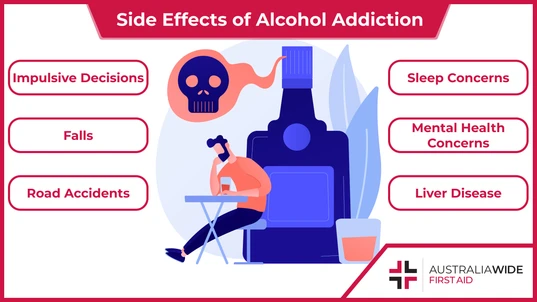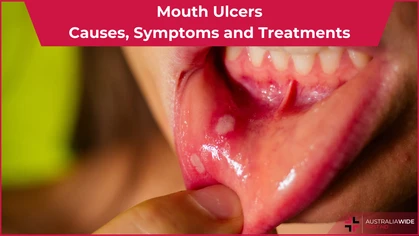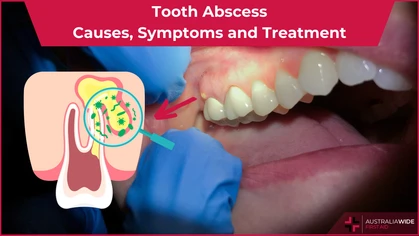Side Effects of Alcohol Addiction

General Health-Related

People who exceed the Australian alcohol guidelines are more likely to sustain alcohol-related injuries or health complications. It is important to be wary of these conditions, so that they may inform your alcohol consumption.
Alcohol consumption can cause short- and long-term health complications in everyone. The onset and severity of these complications depends on how much a person drinks. People who exceed the Australian alcohol guidelines regularly are likely to experience health complications sooner and with greater severity, compared to their counterparts who drink in moderation. Though drinking alcohol can engender “feel-good” sensations like euphoria and pleasure, chronic alcohol consumption can result in a host of physical and emotional issues, which we are going to look at today.Short-term effects
Alcohol use disorder (AUD) is a medical condition in which a person cannot control their alcohol consumption, even when it is deleteriously impacting their job, health, and relationships. You do not need to have AUD to experience the negative short-term impacts of alcohol consumption. According to Sunrise House, a drug and alcohol treatment centre based in New Jersey, there are seven stages of alcohol intoxication. Where we sit on the chart depends on our Blood alcohol concentration (BAC) – that is, we progress through more stages as our BAC rises. People only need to get to stage 2, euphoria, before they begin experiencing impaired judgement, memory, and coordination. As they progress to stage 3, excitement, these feelings of impairment are supplemented by emotional instability, vision issues, loss of balance, and nausea or vomiting. Though a lack of critical judgement might seem like an innocuous side effect, it can lead to people making impulsive and lamentable decisions, such as getting behind the wheel of a car. In fact, only recently did the mayor of Redland City Council, Karen Williams, record a BAC of 0.177 (which roughly corresponds to the Excitement stage of alcohol intoxication) after making the regrettable decision to drive home after drinking “several glasses of wine”.Long-term effects
Sleep concerns
Though alcohol depresses the central nervous system, and can induce feelings of relaxation and sleepiness, chronic alcohol consumption can decrease a person’s sleep quality and duration, thereby leading to symptoms of insomnia. According to the Sleep Foundation, for every eight hours of sleep we get, our body goes through four to five sleep cycles, each of which comprise four different stages: the first three stages are called non-rapid eye movement (NREM), while the fourth stage is called rapid eye movement (REM). REM sleep sets in approximately 90 minutes after we first fall asleep, and it plays an important role in memory, emotional processing, and healthy brain development. However, if we drink alcohol before bed, this can cause us to fall into a deep sleep quicker than usual, and thereby lead to an imbalance between NREM and REM sleep that is conducive to greater sleep disruptions, irritability, and daytime fatigue. More information about the symptoms of sleep deprivation can be found in our Resource Library.Mental health concerns
As we mentioned earlier, alcohol is a depressant that slows down the central nervous system, which comprises the brain and spinal cord, and is responsible for taking in sensory information, processing this information, and then sending out motor signals. According to Forbes, alcohol disrupts this process by altering the levels of neurotransmitters in the brain, which transmit the aforementioned motor signals, and so help to control our behaviour, emotions, and thought processes. As cited by Alcohol. Think Again, a Western Australian education campaign that aims to reduce the level of alcohol-related harm, many people drink alcohol to cope with feelings of stress, anxiety, and depression. This is because, when you drink alcohol, you experience a rush of dopamine (the ‘feel-good chemical’) into your brain’s pleasure centre, as well as an influx of gamma aminobutyric acid (GABA), which is known to produce a calming effect; however, this rush of feel-good chemicals is short-lived, and when their levels dip back down and return to normal, feelings of stress, anxiety, and depression return with ferocity. For more information on how to develop mental fitness without the support of alcohol, head to our Resource Library.Liver disease
Though our body processes and eliminates alcohol using a variety of metabolic processes, most alcohol is broken down by an enzyme in our liver cells known as alcohol dehydrogenase (ADH). ADH firstly breaks down alcohol into acetaldehyde, which is then broken down into acetate by an enzyme called aldehyde dehydrogenase (ALDH); the acetate, subsequently, leaves our body as carbon dioxide and water. According to Hepatitis NSW, a non-profit charity that supports and advocates for people affected by hepatitis B or hepatitis C, drinking too much alcohol can overwork the liver cells, damage them, and cause liver disease. Per John Hopkins Medicine, the liver is responsible for more than 500 vital bodily functions, the most notable of which include regulating the blood’s chemical levels, excreting waste products as bile, and creating immune factors to resist infections. As such, liver diseases can be life-threatening; for instance, cirrhosis (or scarring of the liver), can lead to malnutrition, internal bleeding, and multiorgan failure.Conclusion
Alcohol can cause short- and long-term health effects in anyone who drinks. However, people who regularly misuse alcohol are more likely to experience significant health complications early on in their life. Short-term complications include falls and motor vehicle accidents, while long-term complications include chronic sleep deprivation and liver disease. If you are looking to rethink your relationship with alcohol, and to stave off the effects of alcohol-related health conditions, consider seeking advice from a trusted friend, healthcare professional, or support group. A list of suggested support options can be found on Australia's Department of Health website.
Originally published at
https://www.australiawidefirstaid.com.au/resources/side-effects-of-alcohol-addiction
as part of the Australia Wide First Aid Articles Library









